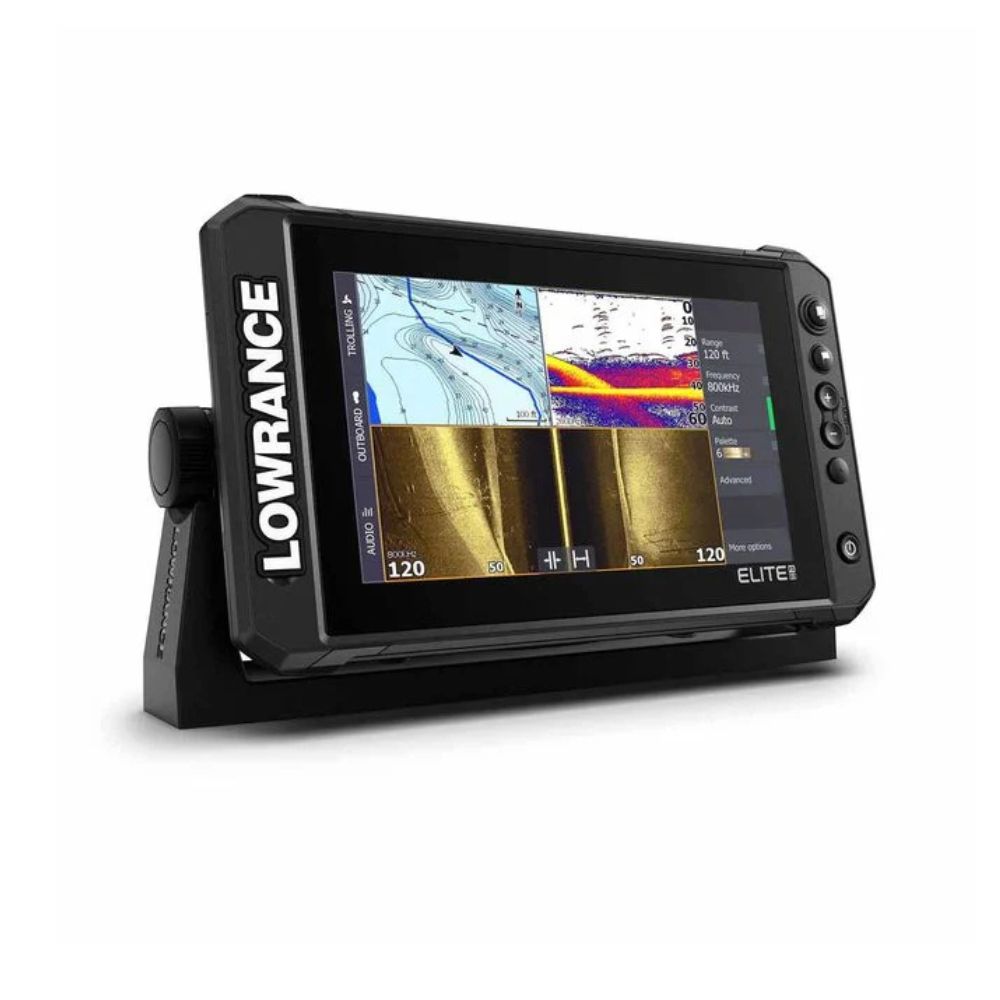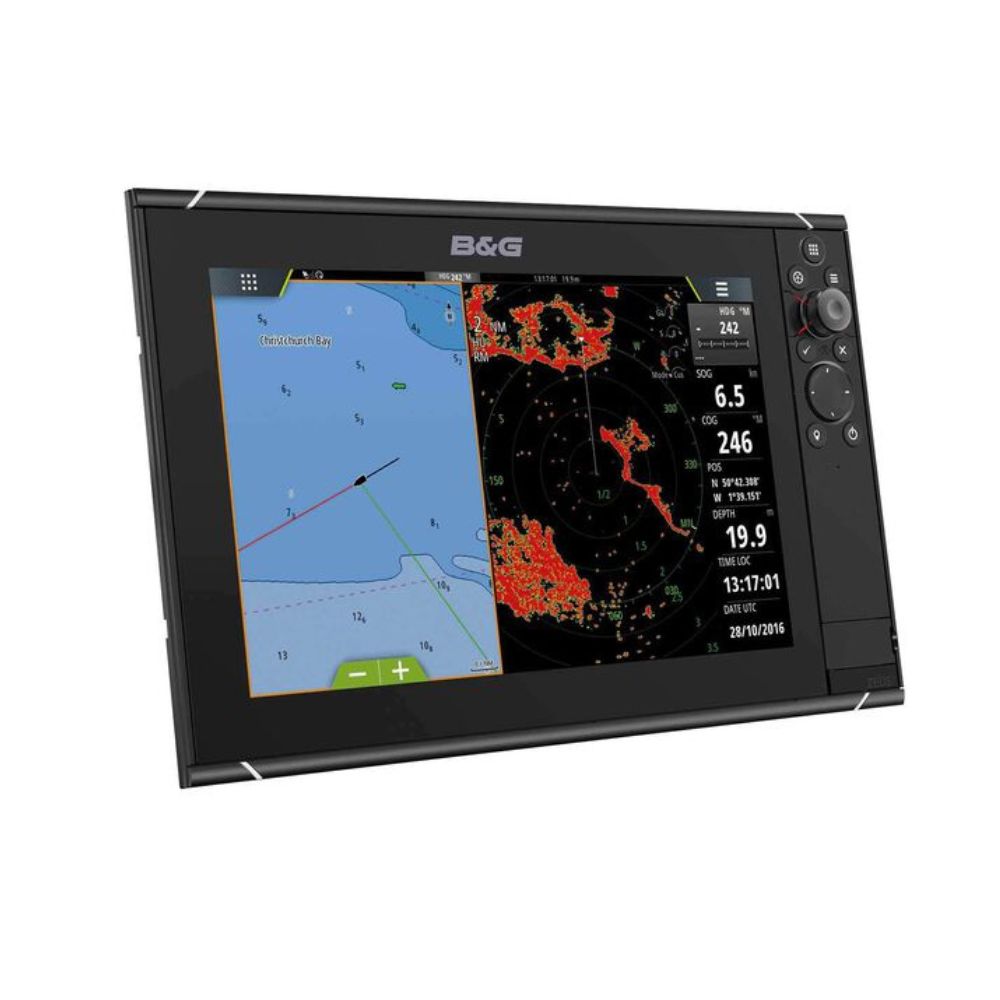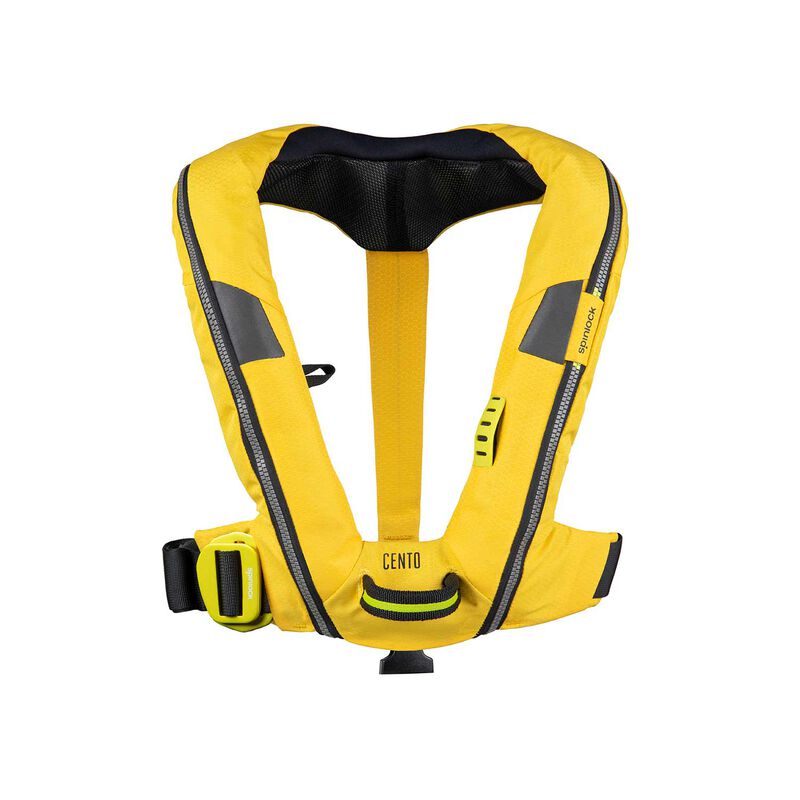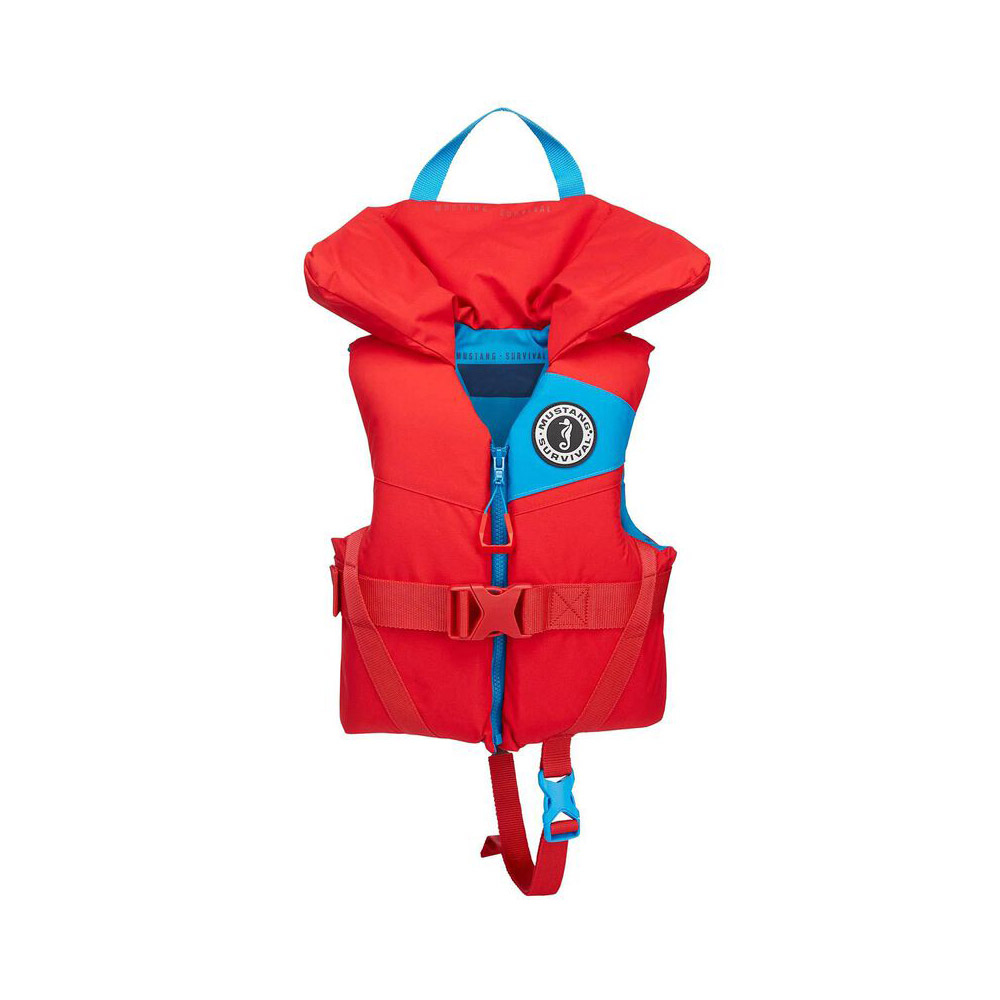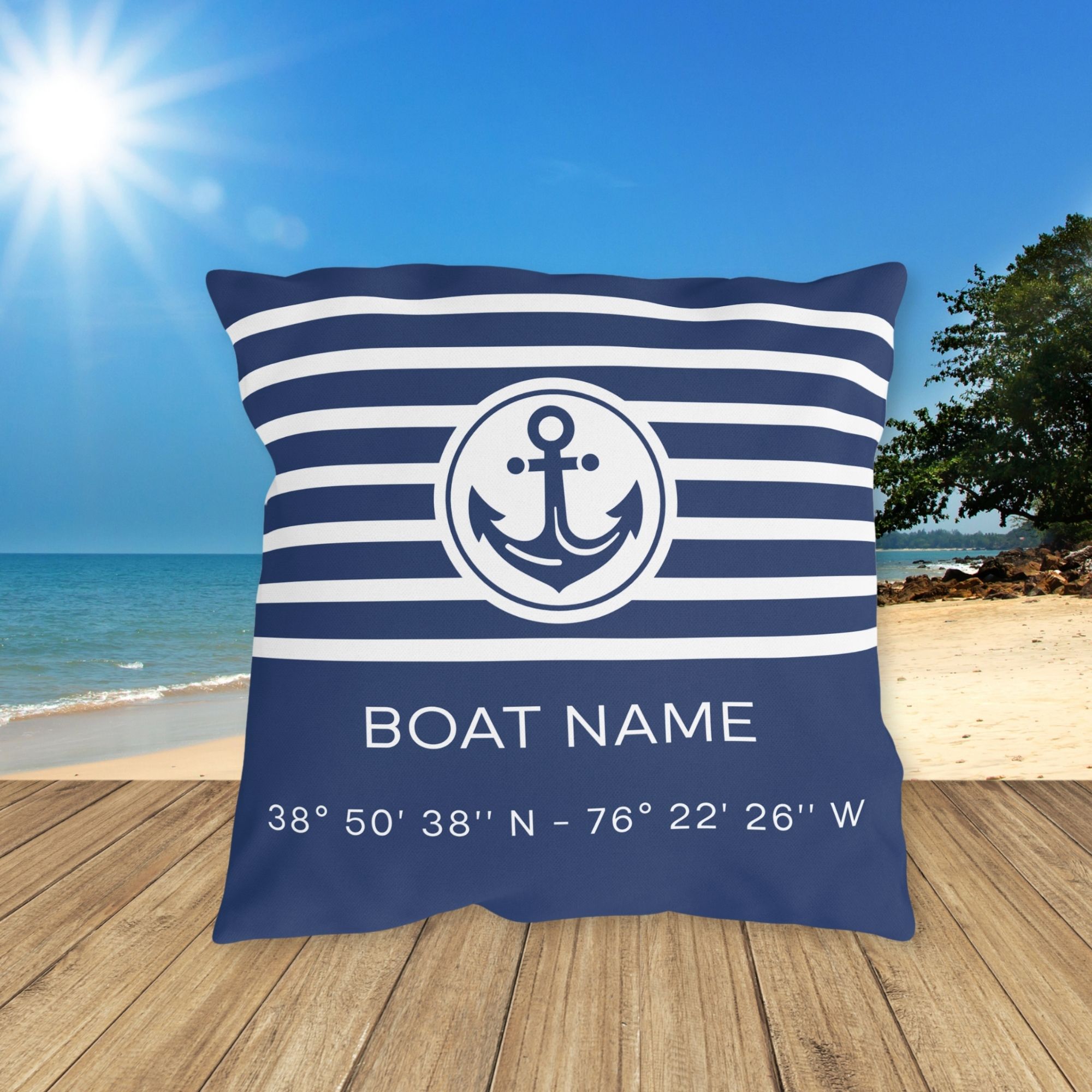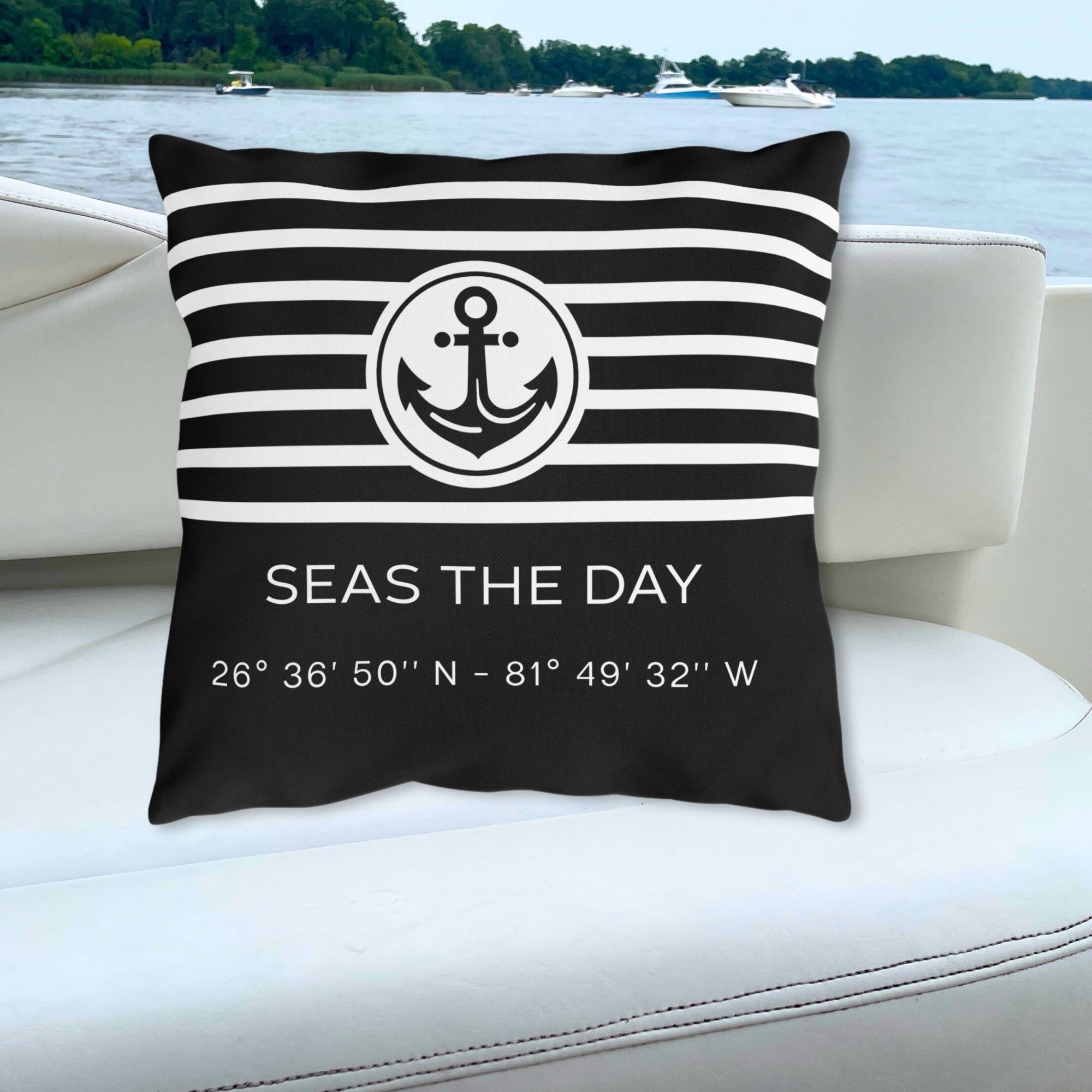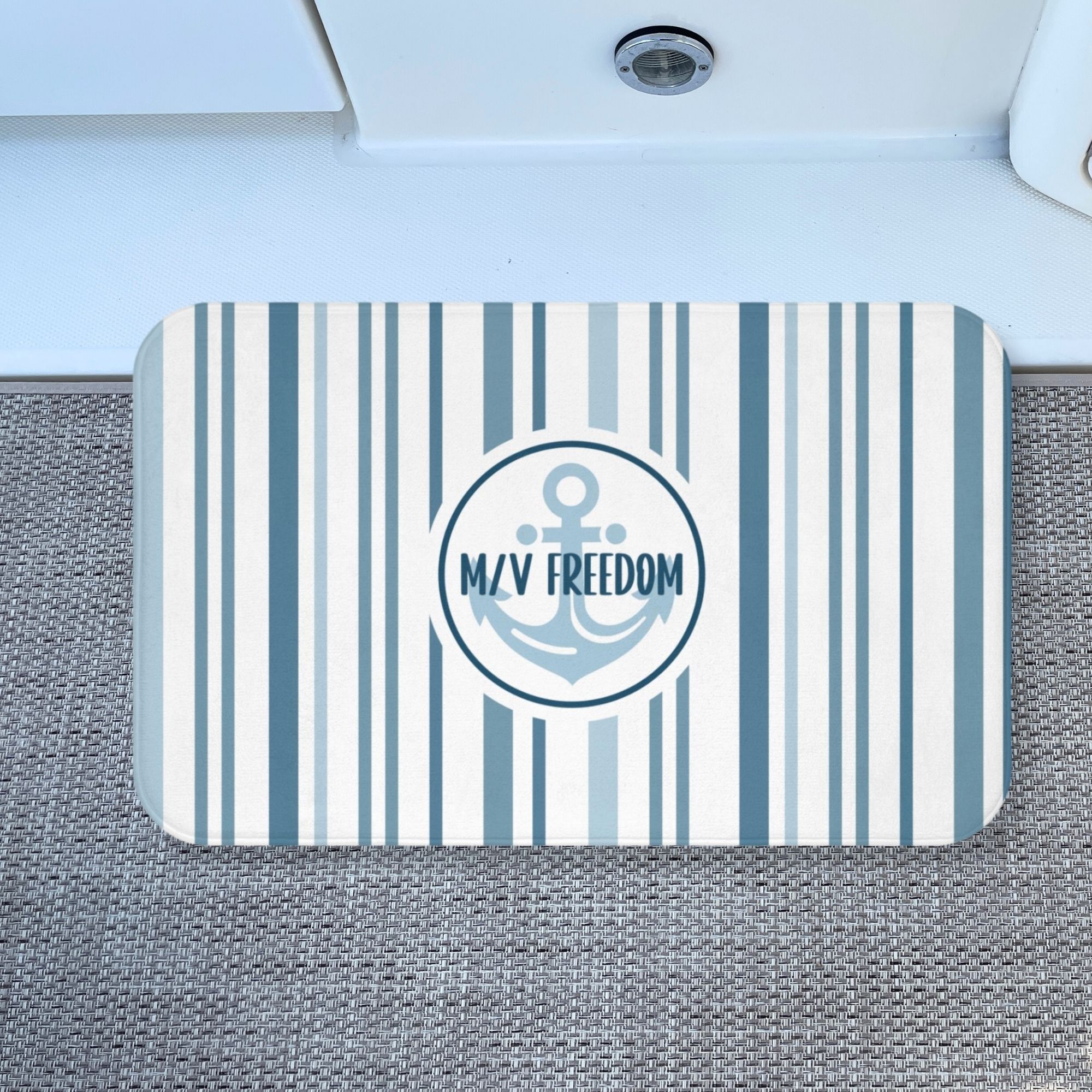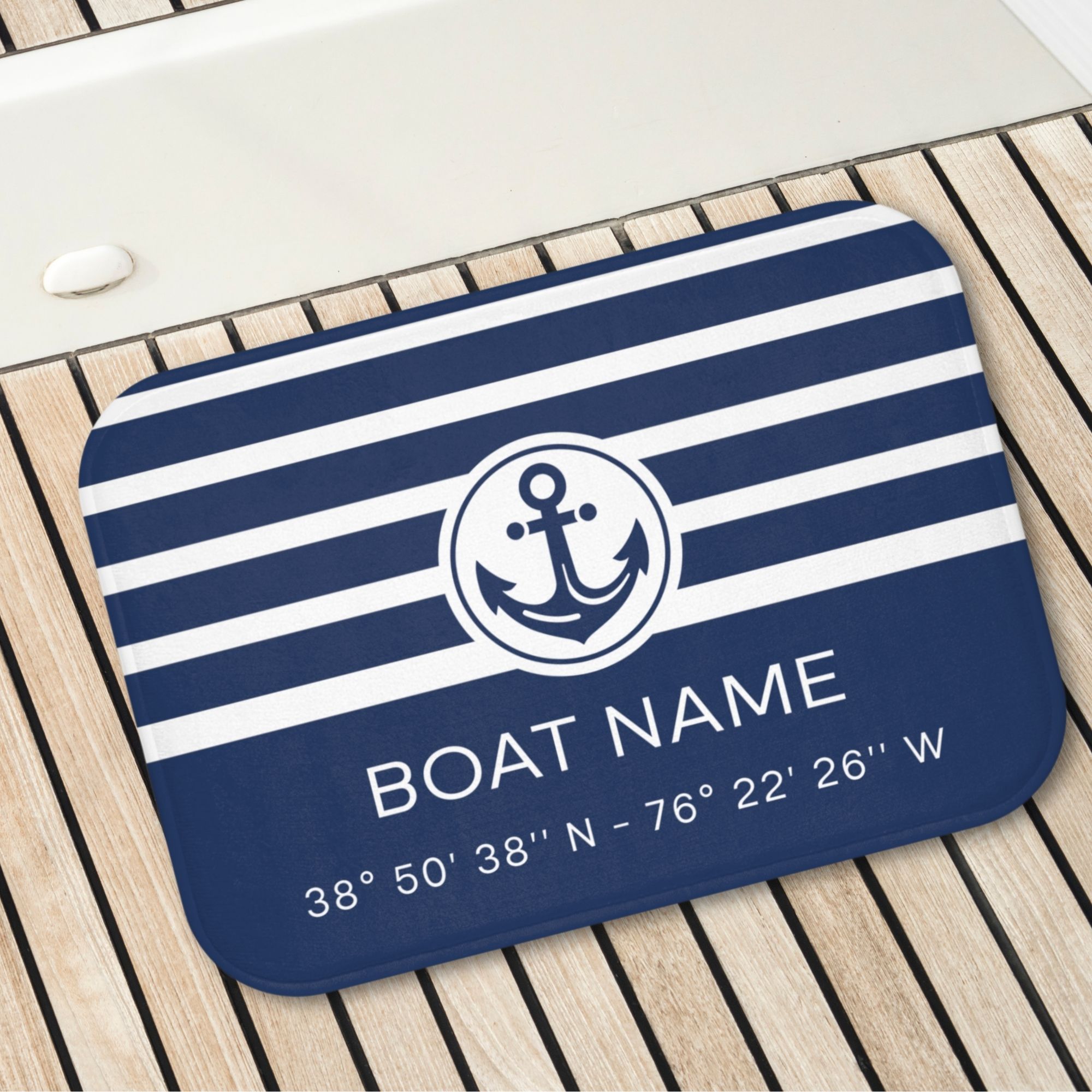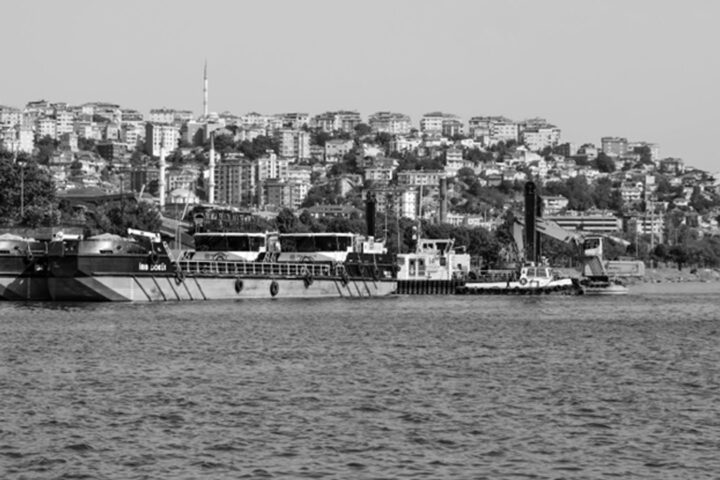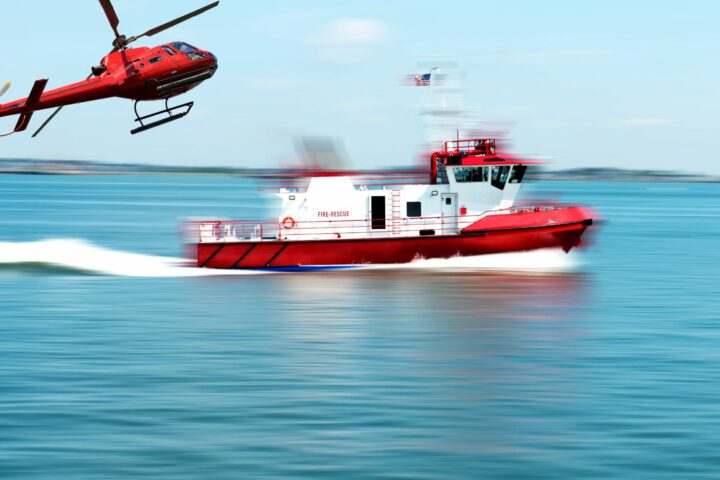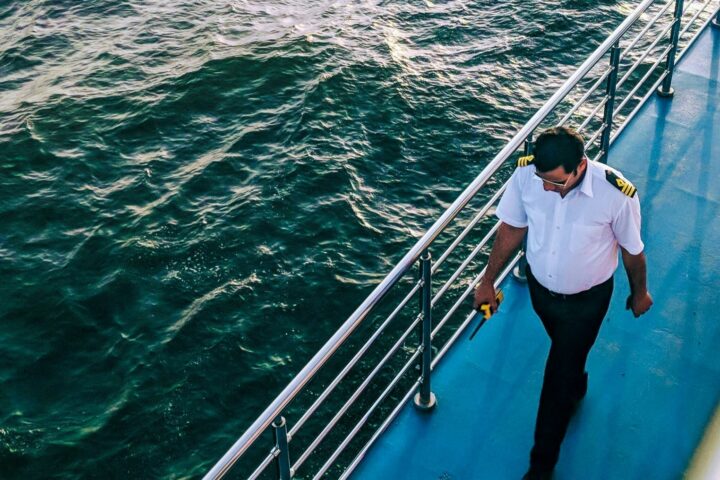
Report: Excessive noise hazards aboard fishing boats and ocean ships could cause hearing loss; advice for recreational boaters
A new report from Canada’s Public Sector Integrity Commissioner says that a senior manager of the federal Fisheries Department held a report about serious noise hazards aboard Department of Fisheries and Oceans ships that could potentially cause hearing loss. Unfortunately for everyone aboard those vessels, the manager reportedly kept a lid on the damning report for seven months.
“DFO knew that Fishery officers were exposed to excessive noise levels that could cause hearing loss, yet affected employees were not informed of the danger, were not given any directions or guidance to mitigate the danger, nor issued hearing-protection equipment in a timely manner,” Friday said in his report.
These inactions, according to Friday, “created a substantial and specific danger to the health and safety of DFO employees.”
The manager responsible for withholding the information was Jacinta Berthier, the director of conservation and protection at the time. Since then, she has moved to the role of Director of Resource and Aboriginal Fisheries Management for Fisheries and Oceans Canada.
According to Friday’s report, the issue came about when two Workers Compensation Board claims came through, claiming that members aboard Maritimes conservation vessels suffered hearing loss after working on the ships.
Hearing loss is a common concern. In the United States alone 26 million people between the ages of 20 and 69 suffer from high frequency hearing loss as the result of exposure to noise at work or during leisure activities. That’s around 15% of the 20-69 demographic.
But while mild hearing loss from noise exposure or age is common, no one should suffer severe hearing loss simply because they were doing their job. Sadly, the Canadian fishery workers aren’t the only workers to suffer in this way.
In 2015, more than 4,000 firefighters filed a lawsuit against a fire truck siren manufacturer. After years of exposure to the head-splitting sirens, many of these New Jersey and New York firefighters were diagnosed with significant hearing loss and required hearing aids.
Fire truck sirens are often as loud as 130 decibels (dB), and permanent hearing loss can be caused by noises louder than 85 decibels. However, in April 2017, a federal judge ruled against the firefighters; their attorneys were even ordered to pay the legal costs of the siren maker.
However, the DFO may have known their workers were at risk. When the report came to Berthier, she did not disseminate the findings and instead waited a full seven months before notifying anyone. According to Friday’s report, Berthier claims the reason was to “address the results from a national perspective first based on her belief that all DFO employees across Canada could potentially be affected.”
It took three months for an interim directive to be provided to her, and yet she allegedly waited for four months months to authorize it, only finalizing it once there was a request for the original study on hearing loss.
From Friday’s perspective, the delay was the result of a lack of direction and follow through on Berthier’s part, saying, “Regardless of the director’s rationale for wanting to establish a national directive, her decision to withhold the noise assessment from Maritime region employees who were at risk from the noise hazard, was contrary to her obligations as a manager.”
In his report, Friday suggested making hearing tests available to any employees who might have been affected, and to seek any appropriate disciplinary actions.
Recreational Boating Impact on Hearing
According to Hearit.org, recreational boaters should also practice caution with excessive noise levels on boats and boating activities:
- Boating: a loud activity, with normal noise levels of 80 dB. It is important to keep a distance from the motor and not to travel at high speeds.
- Jet skiing: an activity with noise levels that can reach over 85 dB and at full speed the level can exceed 105dB. Ear protection is strongly recommended.
The noise levels in some boating activities can range from 80 dB to 140 dB and after prolonged exposure, noise at these levels can damage your hearing. The higher the noise level, the shorter the length of time the human ear can tolerate such a strain. Hearit.org recommends that hearing protection should be used in all activities with noise levels that exceed 85 dB.
Trending Now: Must-Have Boat Gear for Your Boat Life
Trending Now: Custom Boat Decor
-
Boat Pillow with Boat Name & LAT LONG Coordinates
Quick ViewBuy on Etsy -
Boat Pillow with Boat Name & LAT LONG Coordinates- Black
Quick ViewBuy on Etsy -
Coastal Blue Stripes Bathmat with Anchor & Boat Name
Quick ViewBuy on Etsy -
Custom Boat Mat with Boat Name & LAT LONG Coordinates
Quick ViewBuy on Etsy
Disclosure: This site may contain links affiliated with companies where we receive compensation. Also, as an Amazon Associate we may earn from qualifying purchases we refer but it does not impact the price you pay. Full disclosure policy.

